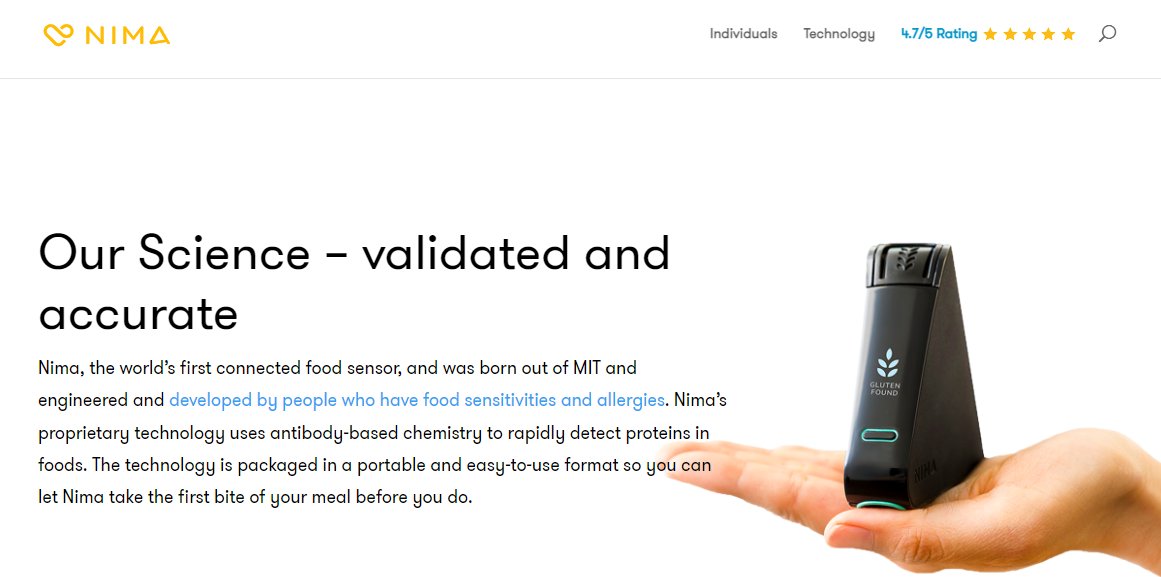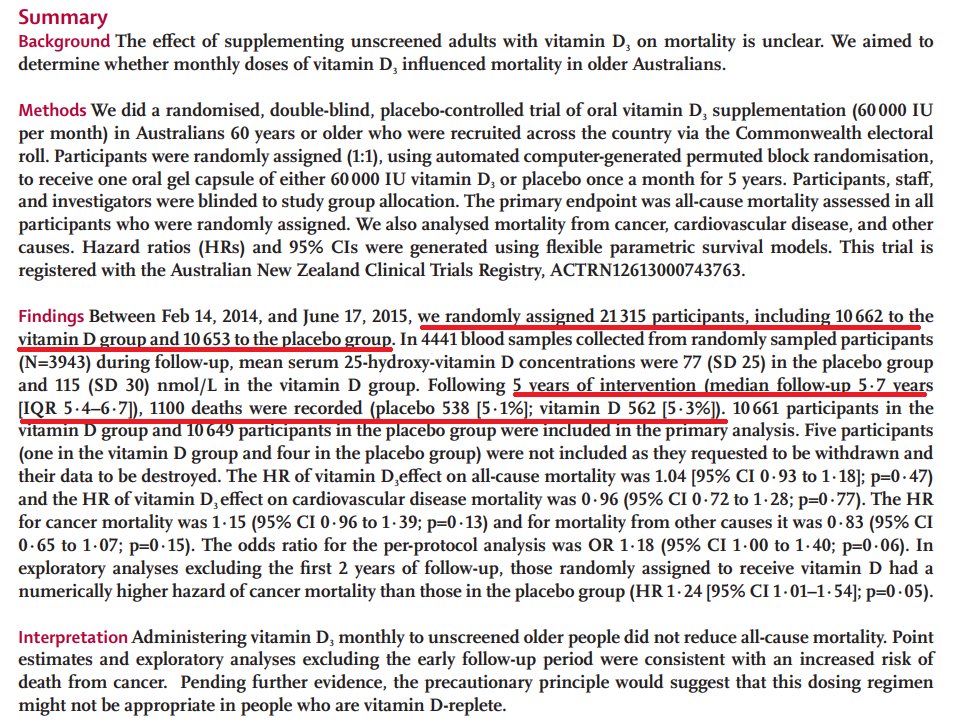
So, my wife is a coeliac, which means she gets extremely unwell whenever she eats gluten. Super fun. In the journey that is cooking for her, I came across this fascinating device called the Nima sensor 

This cool little piece of tech processes food, then uses existing immunoassays to detect gluten in the sample. Put in your food, it'll tell you if it's actually gluten free 

However, when I came across the product on Tiktok, there were tons of comments saying that the device constantly produced false positives and was not worth spending money on
Which I, naturally, got super excited by because it meant I could USE EPI IN REAL LIFE
Which I, naturally, got super excited by because it meant I could USE EPI IN REAL LIFE
So, the good folks at Nima have done two published evaluations. This led them to the table of results you see on their website, which gives a value for sensitivity and specificity 

Now comes the epidemiology. My assessment is that this sensor is really useful if you are mostly testing foods that you think have a HIGH CHANCE of containing gluten
The reason is pretty simple. If your prevalence of gluten is 1/100, you'll detect that single sample of glutinous devilry, but you'll also have 8 false positives for a positive predictive value of 11%
In other words, if most of the foods you're testing don't contain gluten, when you DO get a positive it'll only be a true positive 11% of the time
On the other hand, if 1 in 5 of the products you're testing contain gluten, you might miss 1 product containing gluten, but you'll only have about 6 false positives, so 20/26 = 77% of your positive tests will actually have gluten in them
For anyone actually using the sensor, you can probably do a very simple operationalization here - if you get fewer than 10 positives per 100 tests, most of the positives are probably false
If you get 11-20 positives per 100 tests, it's more like half/half, and 20+ per 100 and it's mostly really gluten. Not precise, but that's a reasonable estimate
Worth noting that for people who have really strong reactions to gluten, not eating some false positives might not be an issue, so I suspect the 99% sensitivity is more important to coeliacs
Anyway, still some pretty fun use of epi #epitwitter
Anyway, still some pretty fun use of epi #epitwitter
Small addendum - I should note that manufacturer assessments tend to be a bit rosy, and it's plausible that the device doesn't work as well as they claim it does (for anyone who is actually thinking about buying the product)
• • •
Missing some Tweet in this thread? You can try to
force a refresh









